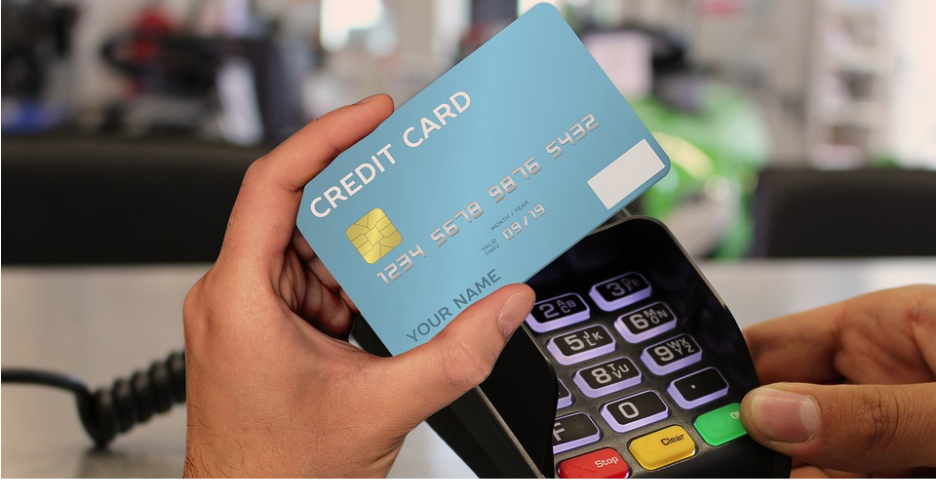If you’re running any kind of retail business, including e-commerce, then you’re going to need a merchant account in most cases. These are accounts that allow you to take payments such as credit card payments, before transferring the money into your own bank. However, there are some common problems that shop owners can experience with a merchant account, whether it’s when they’re trying to set them up or even while they’re in the middle of relying on them. Here are some of those problems and what you can do about them.

Not having the requirements for an application
Much like any credit agreement with any financial provider, you’re going to need to apply for a merchant account. They aren’t something you can open independently, the provider has to approve you. In order to gain this approval, you are going to require a few things. Most merchant accounts will require a business bank account, even if you’re a sole trader or self-employed with other workers. Similarly, they’re almost always going to need a business license of some sort. Of course, if you’re running a business, you should make sure that you have a business license, already, but now it becomes more important than ever.
The risk of payment fraud
Once you have your account set up, then the troubles can really begin, with fraud being one of the most common methods of fraud. For one, you should make sure that you secure any site that allows customers to enter their financial details, such as multi-stage authentication and verification to make sure that the buyer is who they say they say they are. There are anti-fraud tools that most merchant account processors will offer, as well, to flag any suspicious payments on your behalf.
Chargebacks on your account
A chargeback is, essentially, when a customer “changes their mind” on a purchase after having already paid for it. Most merchant account processors have to make this option available for the cases in which customers might have paid for items that they never received. You can’t get away from chargebacks entirely, but you can make sure that customers aren’t given the right to do them at will. You can do this, for instance, by outlining the refund policies on your site clearly, as well as making your delivery processes and usual times clear. Anti-fraud tools like Covery can also help you prevent fraudulent chargebacks to some degree.
You have been put on the MATCH list
There are a host of different merchant account providers and many of them will rely on one o the major credit providers. Most frequently, Mastercard is going to be working with those providers. If you go to make an application for a merchant account to a processor, you might be declined despite having done everything you need for the application and the most likely reason is that you have been put on the MATCH list. Many businesses that end up on this list are there because they have violated the security rules of Mastercard. However, it’s possible to end up on it if you have had problems like the aforementioned chargebacks or fraud issues. It is possible to get off the MATCH list. It takes five years to be taken off it naturally, but you can also seek the help of a lawyer that can make an appeal to have you removed from the list.
The fees and costs
Of course, as with any other kind of credit account, there are going to be certain fees that you’re going to have to pay. Some of these may include fees on the activation and set-up of the account. There may also be fees for any equipment you might need, such as a credit card reader. Your processor is also likely to charge a flat transaction fee on any payments, including extras for credit card payments. Make sure that you work out your fees and include them in the costs when they’re being processed, or look at alternative payment methods like ACH that don’t come with fees. You can offer these to your customer so that, if they’re willing to provide more financial details for larger purchases, they can skip some of the fees (and so can you.)
Your retail business is going to require a reliable merchant account to keep the money running in. Aside from bearing in mind the solutions to the problems above, you have to manage any payments and contractual obligations to the account provider carefully to make sure that you’re not left without your revenue streams.



